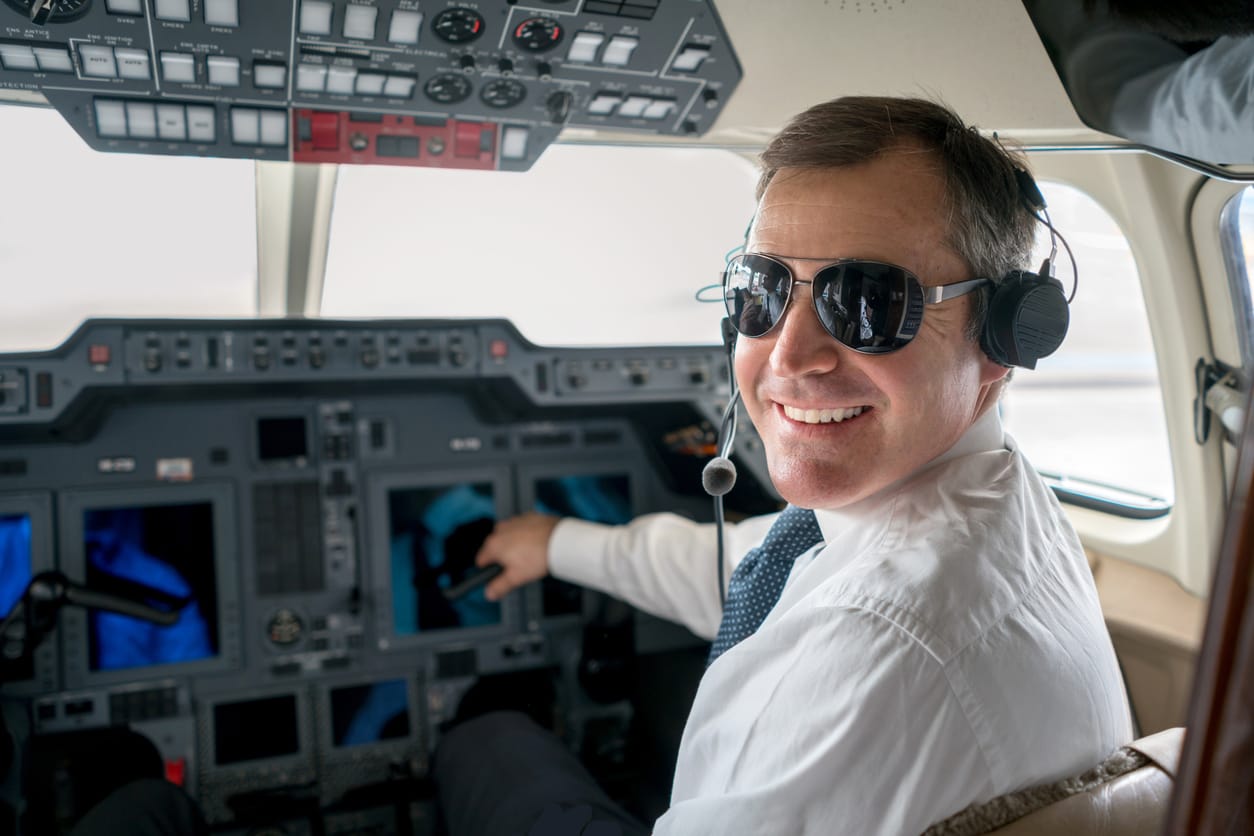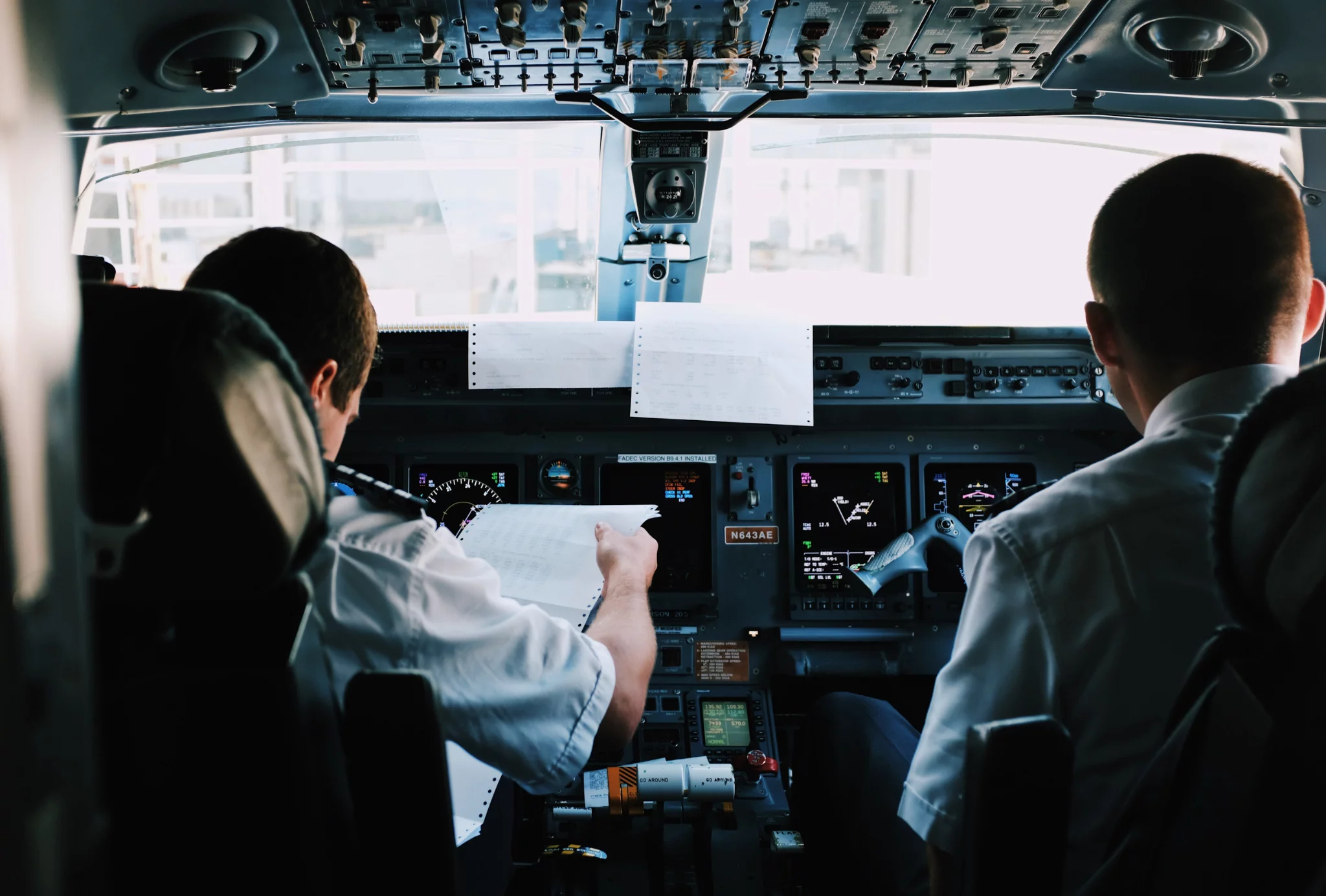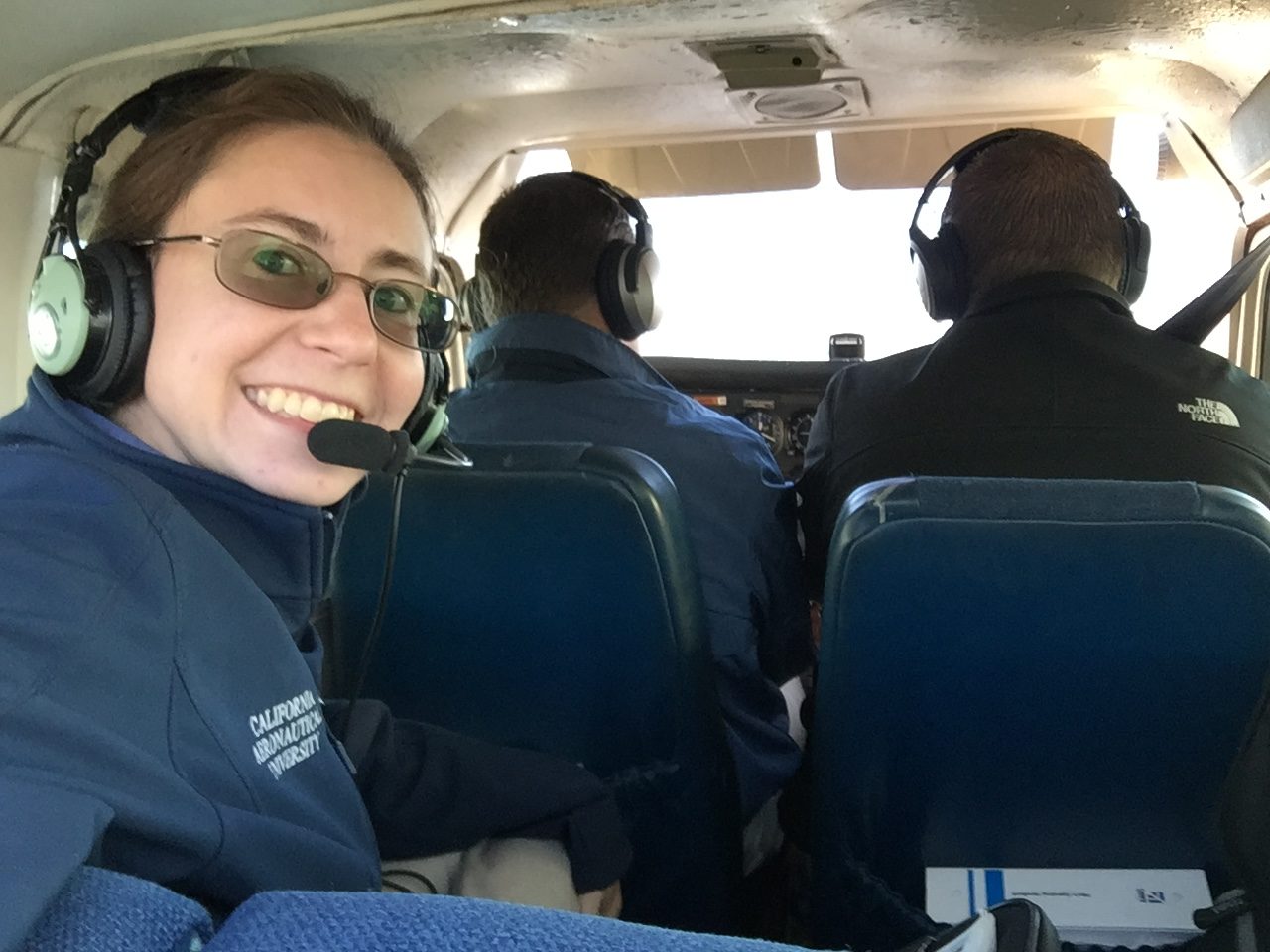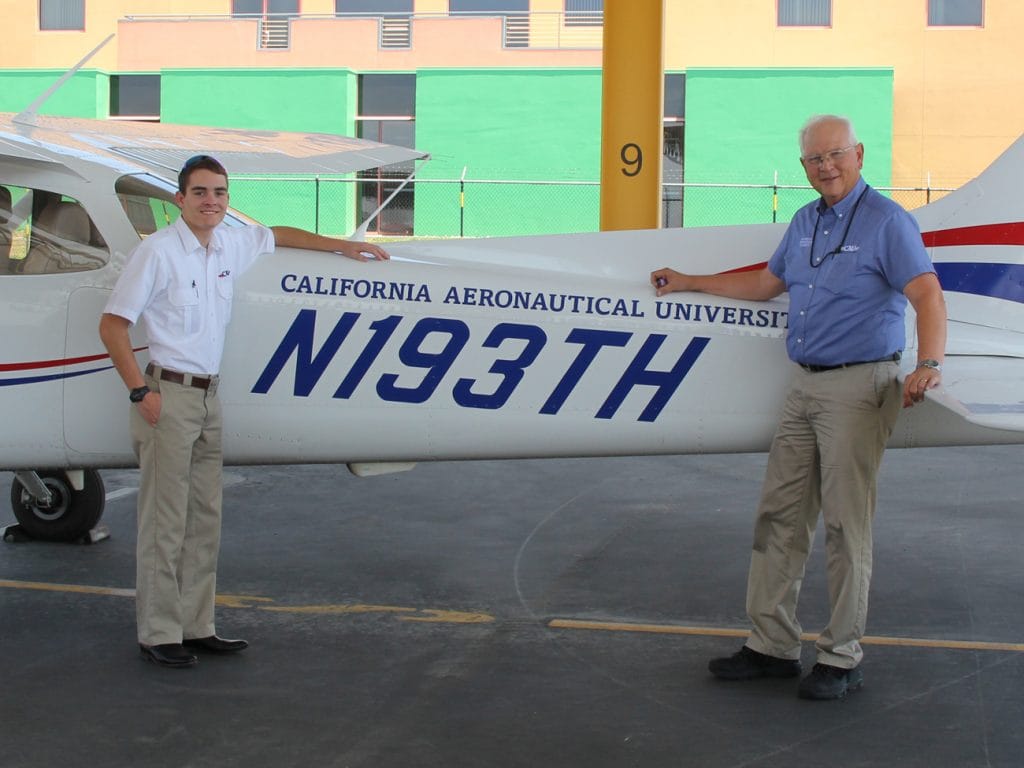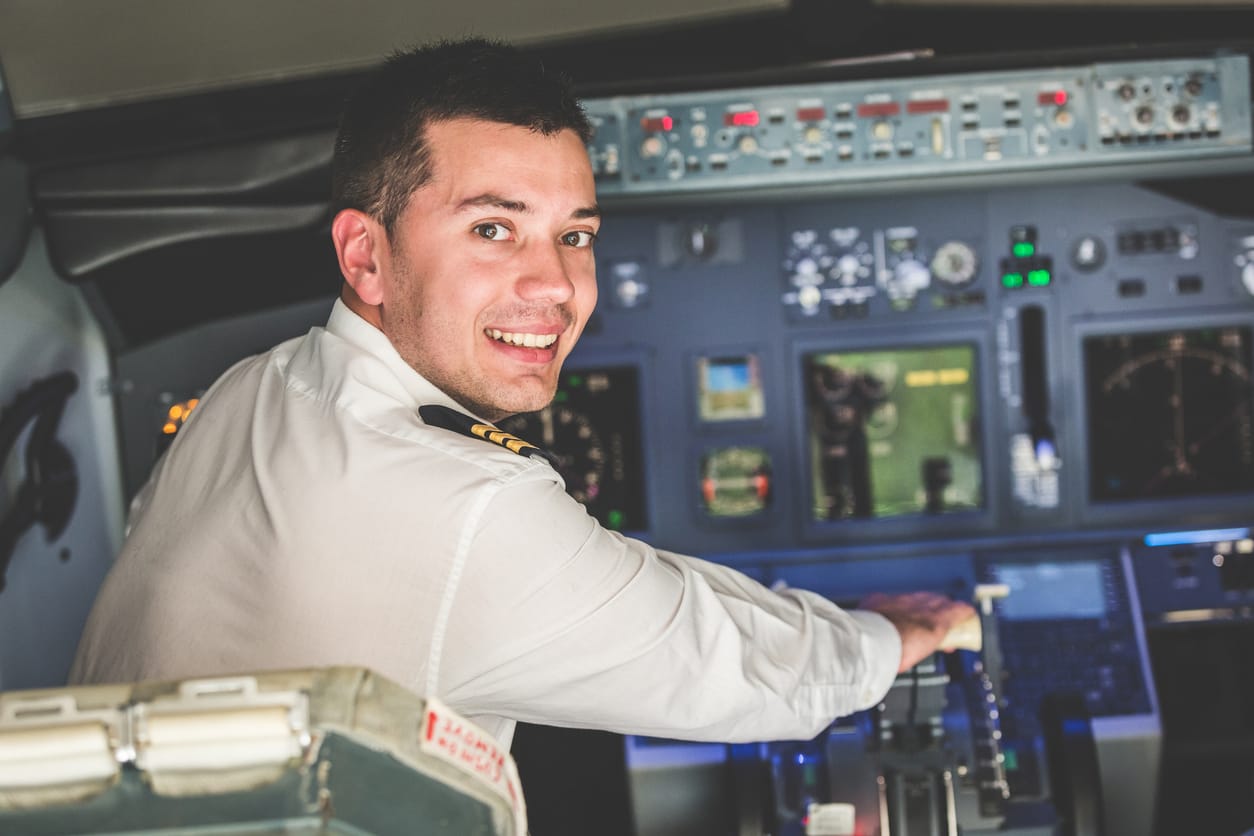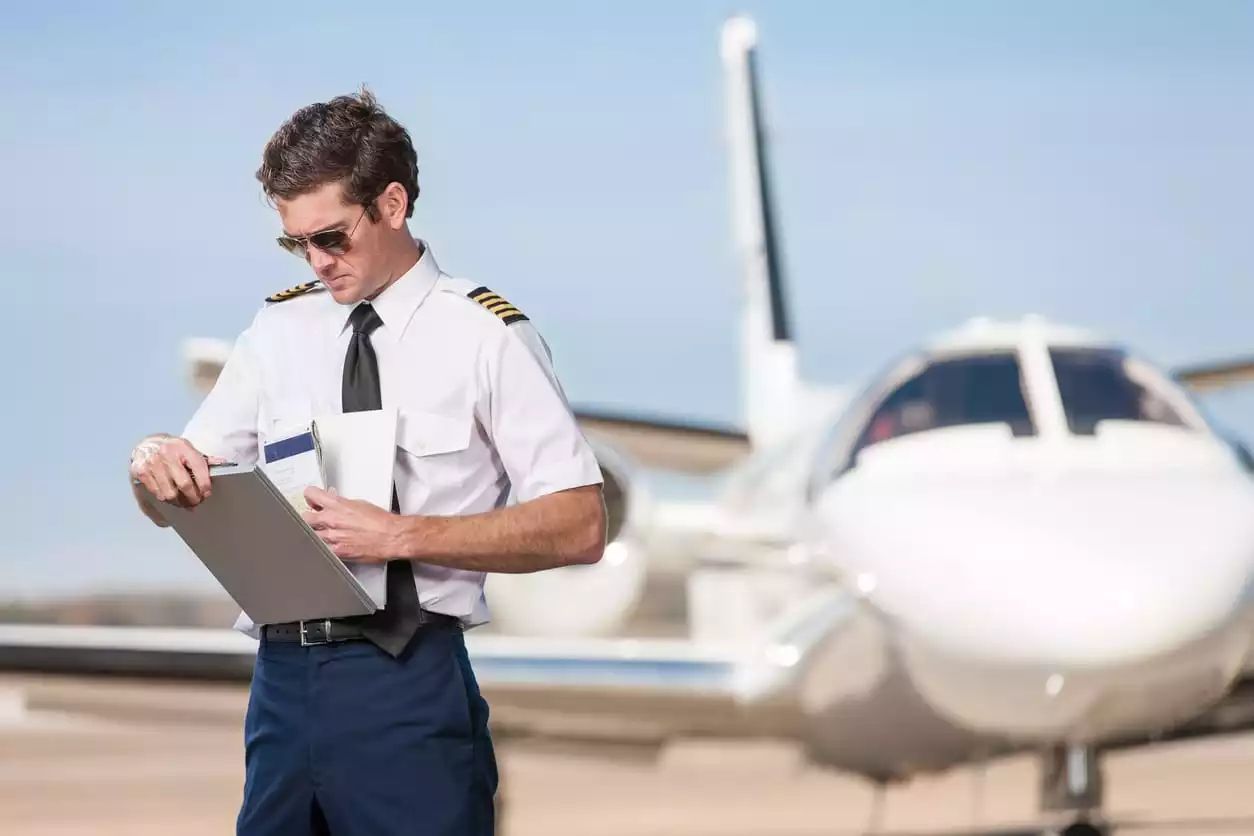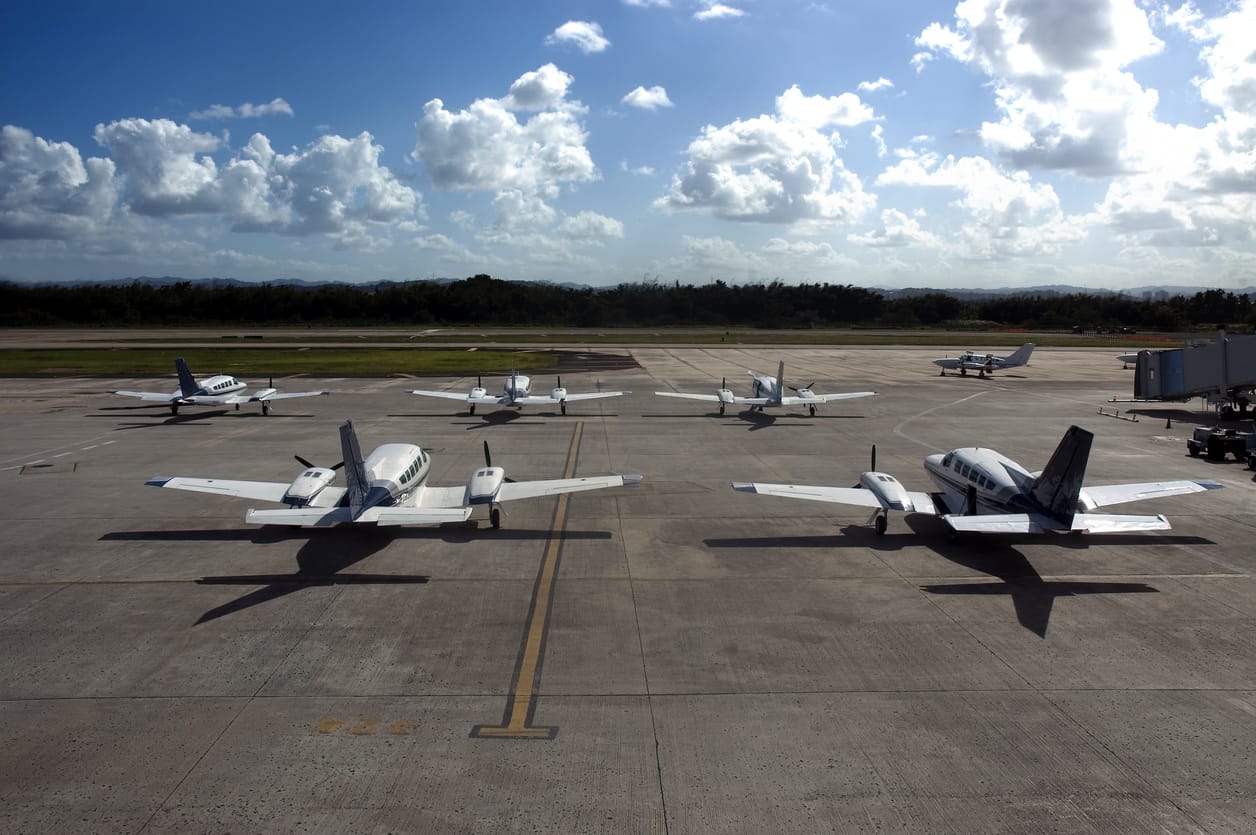Flight instructors play a vital role in the general aviation community. They communicate information and courtesies that might not appear in textbooks, ensure their students understand their lessons in ways an automated system cannot, and provide a role model to new pilots. Sometimes, finding a good instructor is the difference between a lifetime in aviation or giving up in the early going of instruction.
As in every aspect of education, different teachers work better with various personality types. However, each certified flight instructor (CFI) bears the responsibility of shepherding his or her student from never having seen a cockpit to becoming a confident aviator in his or her own right. The best flight instructors are experienced, hard working, and professional. They understand that without them, there is no link to a new generation of pilots.
Providing Guidance In Ground School
Although ground school can be taken online without a brick and mortar classroom, consider your learning style when it comes to this required portion of your training. Flight instructors help answer the questions of their students in the ground school portion of their training. Ground school is generally thought of as the “classroom” portion of learning to fly. While many student pilots are eager to climb directly into the cockpit, it’s important to never ignore or attempt to skate through ground school sessions. This part of training is essential to understanding the basics of aviation and becoming an efficient pilot.
The best flight instructors realize this. Most flight schools use a syllabus which divides the business of flight training into sections or chapters, usually corresponding to an in-air or simulator session. This practice enables the student the flexibility to work with a number of different instructors at the same school. If a student pilot is too young to fly alone or take to the cockpit, focusing on ground school is an excellent way to learn about aviation while waiting for the calendar to turn. Flight instructors are usually only too happy to help maintain the interest of young people who are seeking careers in aviation.
Flight instructors overview the material with their students and ensure that its general principles are understood. The material in ground school is usually geared to helping the student understand the questions he or she will face on the FAA’s practical test for private pilots. Some flight schools separate ground school sessions and flight lessons, but others integrate them. This second approach sometimes student pilots to progress faster since they are applying book knowledge to practical issues in the air.
Overseeing In-Flight Training
When people mention “pilot training” or “flying lessons,” this is usually what the public thinks of. While in the air with their students, flight instructors work with their students to ensure they are comfortable with acting as pilot in command. They will practice judging takeoffs and landings, recovering from a stall, and flying in a pattern around an airport. Flight instructors also teach their students how to perform a pre-flight inspection.
The flight instructor also practices various scenarios with the student pilot. They will go over procedures for speaking professionally with Air Traffic Control. Working with weather reports, communicating with other pilots, and learning to file flight plans is also important. A conscientious instructor boosts the confidence of the student without coddling. He or she is a perceptive judge of when the student is prepared to solo, take the FAA’s practical test, or fly cross-country.
Good flight instructors are honest with their students about their progress, maintaining an encouraging outlook while also addressing weaknesses. An instructor who has only positive feedback isn’t doing a student pilot any favors, and one who berates or embarrasses a client stands the danger of losing a prospective new contributor to aviation.
Meet New Prospective Pilots
Some flight instructors are freelance and work directly with the owners of airplanes so that they can fly their own crafts. Others concentrate on a specific type of airplane and specialize. Some have lost their medical endorsements and train only on the ground or under limited circumstances in the cockpit. Most, however, work for a flight school.
In all of these cases, the flight instructor acts as an ambassador for the flight school, aircraft factory, or airline. They are also representatives of aviation itself. Often, when introducing themselves as instructors to members of the general public, they find themselves answering a lot of questions about turbulence, the safety of flying, and how long it might take to learn to fly. While worldwide, the aviation community is a small one, and the wise flight instructor keeps this in mind. Not only is he or she representing more than him or herself, but the next person handing over a business card at a cocktail party might become new member of the aviation community. Navigating these situations with tact, enthusiasm, and kindness are what helps to set apart a successful flight instructor.
Model Professionalism
A good flight instructor might be difficult to find and retain, since some, but not all, flight instructors take on positions with flight schools in order to “build time.” They usually aren’t instructors for longer than it takes to reach the amount of hours required as a pilot in command (PIC) to apply to airlines or for charter jobs. While these instructors are safe and well-qualified, an instructor who is seasoned and familiar with the cross currents of the aviation industry is a terrific find. Flight instructors who fail to dedicate themselves to you and your education and who take on more students than is prudent should be avoided.
The best flight instructors model professionalism to their clients. Not only do they underscore lesson plans through explanations and answering questions, but they also give student pilots a personal example to follow. Be wary of flight instructors who speak poorly of others, mention ways to “slip past” FAA rules, or treat airport employees poorly. A flight instructor worth retaining is one who treats others respectfully and who prizes safety and thoroughness.
Ready to soar in your aviation career?
Mr. Matthew A. Johnston has over 23 years of experience serving various roles in education and is currently serving as the President of California Aeronautical University. He maintains memberships and is a supporting participant with several aviation promoting and advocacy associations including University Aviation Association (UAA), Regional Airline Association (RAA), AOPA, NBAA, and EAA with the Young Eagles program. He is proud of his collaboration with airlines, aviation businesses and individual aviation professionals who are working with him to develop California Aeronautical University as a leader in educating aviation professionals.
